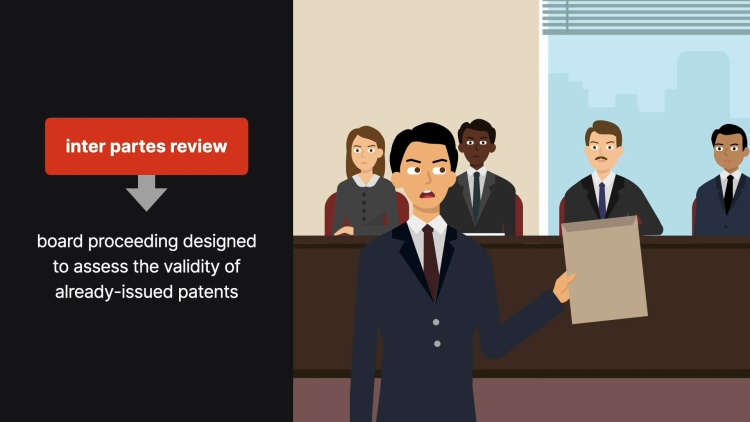Oil States Energy Services, LLC v. Greene’s Energy Group, LLC
United States Supreme Court
584 U.S. 325, 138 S. Ct. 1365 (2018)

- Written by Eric Cervone, LLM
Facts
Oil States Energy Services, LLC (Oil States) (plaintiff) was an oilfield service company that obtained a patent related to hydraulic fracturing. Oil States sued Greene’s Energy Group, LLC (Greene’s) (defendant) in federal court for infringing that patent. Greene’s responded by challenging the patent’s validity. Greene’s also petitioned the Patent Trial and Appeal Board (the board) to institute inter partes review. Greene’s argued that the patent’s claims were unpatentable because they were anticipated by prior art not mentioned by Oil State in its original patent application. The federal court issued an order foreclosing the arguments Greene’s made about the prior art. The board, however, later issued a final decision concluding that the claims were unpatentable. The board acknowledged the federal court’s contrary decision, but concluded that the claims were anticipated by the prior art. Oil States appealed to the United States Court of Appeals for the Federal Circuit. Oil States challenged the constitutionality of inter partes review. Oil States argued that actions to revoke a patent must be tried in an Article III court before a jury. While Oil States’s case was pending, the Federal Circuit rejected the same constitutional argument in another case and affirmed the board’s decision in Oil States’s case. The Supreme Court granted cert.
Rule of Law
Issue
Holding and Reasoning (Thomas, J.)
Dissent (Gorsuch, J.)
What to do next…
Here's why 907,000 law students have relied on our case briefs:
- Written by law professors and practitioners, not other law students. 47,100 briefs, keyed to 996 casebooks. Top-notch customer support.
- The right amount of information, includes the facts, issues, rule of law, holding and reasoning, and any concurrences and dissents.
- Access in your classes, works on your mobile and tablet. Massive library of related video lessons and high quality multiple-choice questions.
- Easy to use, uniform format for every case brief. Written in plain English, not in legalese. Our briefs summarize and simplify; they don’t just repeat the court’s language.





